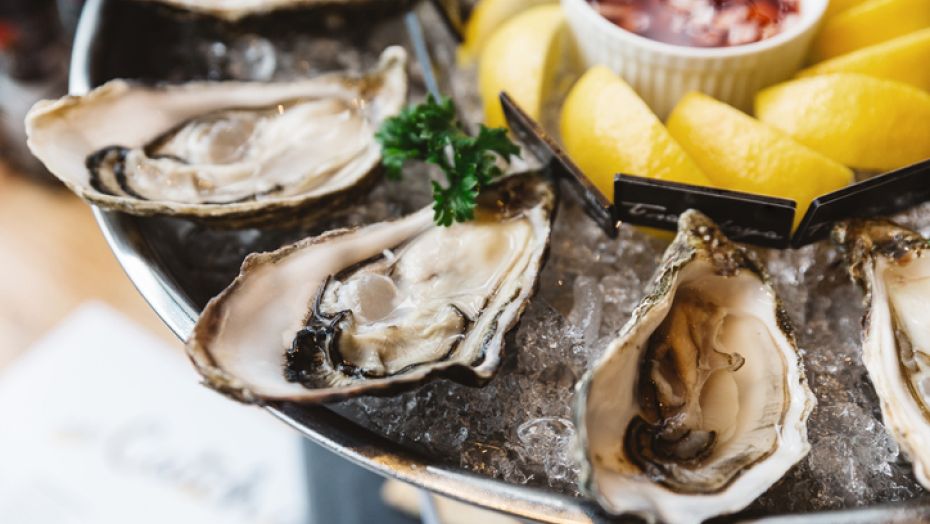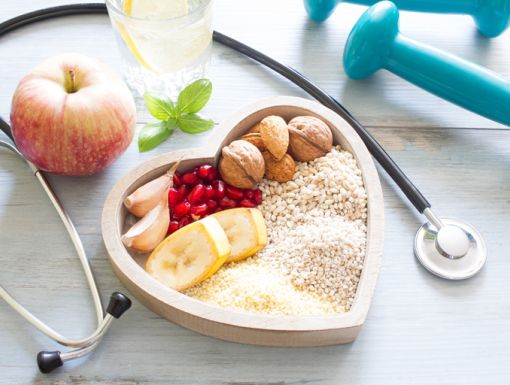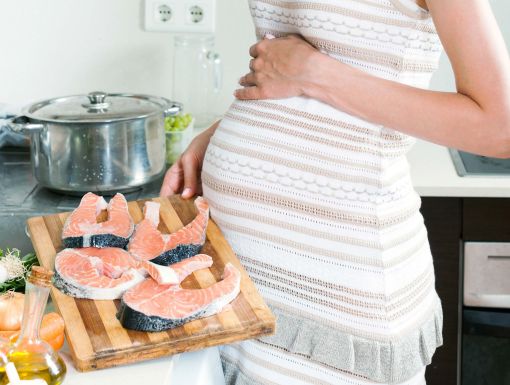
Are Oysters High in Cholesterol?
Today, cardiovascular disease is one of the leading causes of death in the United States. One in three Americans have high cholesterol, specifically elevated LDL or “bad” cholesterol. With no symptoms, many people don’t even realize they have high cholesterol which puts them at twice the risk of developing heart disease.
Monitoring cholesterol levels is important because it’s a controllable risk factor for heart disease. But with all of the concern about cholesterol and fat in the diet, it seems that shellfish have earned a bad reputation along the way as a major source of dietary cholesterol. This had led many people to reduce their intake of shellfish in order to protect their heart health.
However, cholesterol from our food can basically be ignored. The more important risk factor for elevated cholesterol is excess intake of saturated fat (specifically animal-based saturated fat) not to mention being overweight, having low dietary fiber and other uncontrollable factors like age and genetics.
Are shellfish hearth-healthy?
Shellfish, which are low in saturated fat, are a great source of heart healthy protein. Rich in omega-3 fatty acids, shellfish are actually a healthy alternative to other meats and poultry. Do keep in mind, though, that they are relatively high in sodium.
If you like shellfish, you’ll be happy to know that they can be incorporated into a heart healthy diet. As they say, there are plenty of fish in the sea. And with a little meal planning, it can be easy to work these foods into a healthy eating plan.
Oysters
These raw bar mainstays can be definitely worked into some healthy options at home. Oysters are loaded with iron, B12, phosphorus and zinc, but be mindful of chargrilled oysters, which are packed with extra calories from the not-so great-fats from butter.
Clams
Clams are high in iron, selenium and niacin, a B vitamin that has the potential to boost your HDLs (healthy cholesterol) and lower your LDLs (bad cholesterol).
Mussels
Mussels, a type of clam, are high in protein, low in fat and are a great source of omega-3 fatty acids.
Toss some clams or mussels into a skillet with a little olive oil, minced shallot, garlic and cherry tomatoes. Pour in some unsalted stock or white wine and you’ll have a nice clam or mussel "sauce" that can be served over whole grain pasta or spiraled vegetables for a date night dinner at home.
Crab
Crab meat is packed with essential fats, nutrients and minerals that the human body needs to function normally. It’s an excellent source of vitamins A, C and B, as well as minerals like copper and phosphorus. We recommend making a homemade crab dip with low fat plain Greek yogurt, reduced fat cream cheese and some spinach or kale for a healthier dish to pass at parties.
This crab and peach cocktail is another fun option.
Lobster
Lobster is a rich source of copper and selenium, which play an important role in preventing damage to cells and tissues. If you're treating yourself to a lobster dinner, go easy on the butter or sauces on the side. Try seasoning it with black pepper and lemon juice to help reduce the amount of calories and high saturated fats that are often found in heavy sauces and butter.
Shrimp
Omega-3 fatty acids have been shown to reduce inflammation, triglycerides and blood pressure, which are all known risk factors in heart disease. Shrimp are a good source of these heart healthy fats. Whether you make tacos, sautéed shrimp, or throw them into baked pasta dishes, stews, gumbos or soups, shrimp can be a pillar for easy weeknight dinners.



